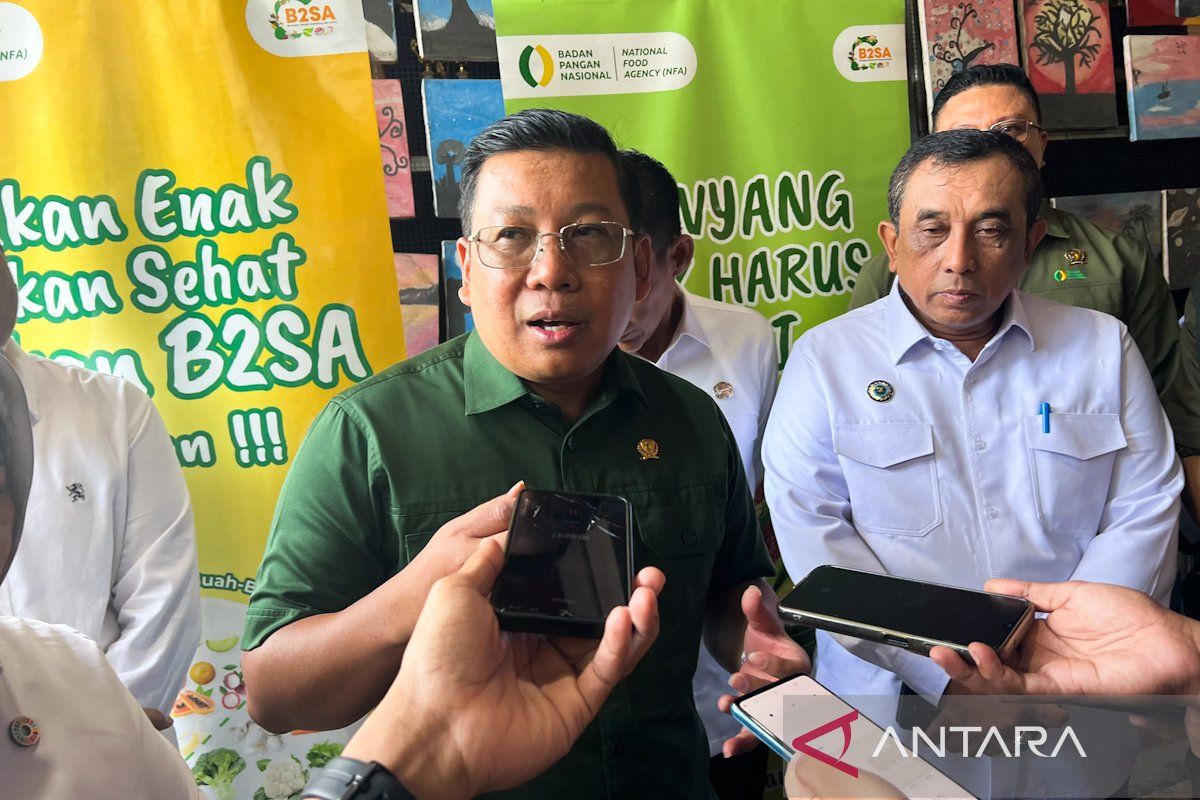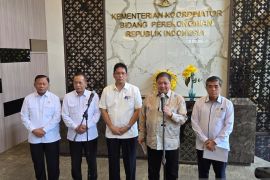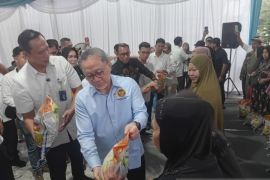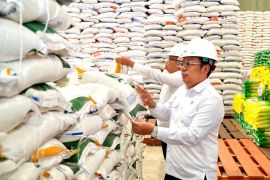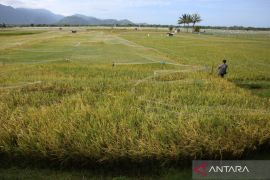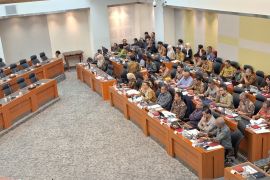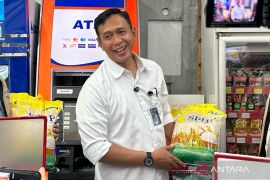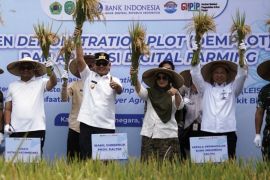He said that this is crucial for maintaining the stability of national food supply and prices. Rice production is currently high nationally. In fact, it is the highest in the last 57 years, with stocks reaching 4.2 million tons.
“For the label on the rice product, it means it must be appropriate. If it says 5 kilograms, please do not weigh less than 5 kilograms, reducing the weight is not allowed,” he said over telephone in Jakarta on Thursday.
Earlier, the Ministry of Agriculture, along with Bapanas, the food task force, the Police, and the Attorney General’s Office, conducted an investigation into a commercial rice fraud case after detecting certain anomalies.
During the investigation, 136 samples of premium quality rice were examined. Of the total samples, 85.56 percent were found violating the provisions; 59.78 percent did not match the highest retail price (HET); and 21.66 percent did not match the weight mentioned on the packaging.
Then, an analysis of samples from 76 brands of medium quality rice found that 88.24 percent did not meet quality standards and 95.12 percent did not match the HET.
In addition, there was a mismatch between the weight mentioned on the packaging and the actual weight in 9.38 percent of the samples.
Following the findings, Adi highlighted the government’s commitment to improving national rice quality. The initiative aims to safeguard consumers by ensuring they get the desired quality and varieties of rice, without any foul play.
“The Minister of Agriculture (Andi Amran Sulaiman) yesterday conveyed the results of tests from several laboratories; there are still several rice products that do not follow the terms and conditions and do not match the labels,” he informed.
“That is the government’s concern so that the public as consumers are also not disadvantaged,” he explained.
He asked rice players to evaluate their products and register for distribution permits for Fresh Plant-Origin Food (PSAT), which is a quick process since the Regional Food Safety Competent Authority (OKKPD) is available in all provinces.
Adi said that rice quality requirements must be met according to Perbadan Number 2 of 2023, and PSAT registration is part of joint food safety control with regional food services.
Bapanas and the Food and Drug Supervisory Agency (BPOM) are continuing to educate the public about food labels to build their understanding of the characteristics of quality rice. This is to ensure they become accustomed to checking important information before buying packaged food products.
He also reminded business actors to re-calibrate their scales periodically so that the weight of the rice is according to the measurement, avoiding similar cases such as the mismatch of MinyaKita measurements.
“So, I ask business actors to review and improve (rice sales to comply with the provisions),” Adi said.
Related news: Indonesia flags 212 rice brands over violations
Related news: Indonesia loses Rp2 trillion annually in rice subsidy fraud: minister
Translator: Arie Novarina
Editor: Primayanti
Copyright © ANTARA 2025
